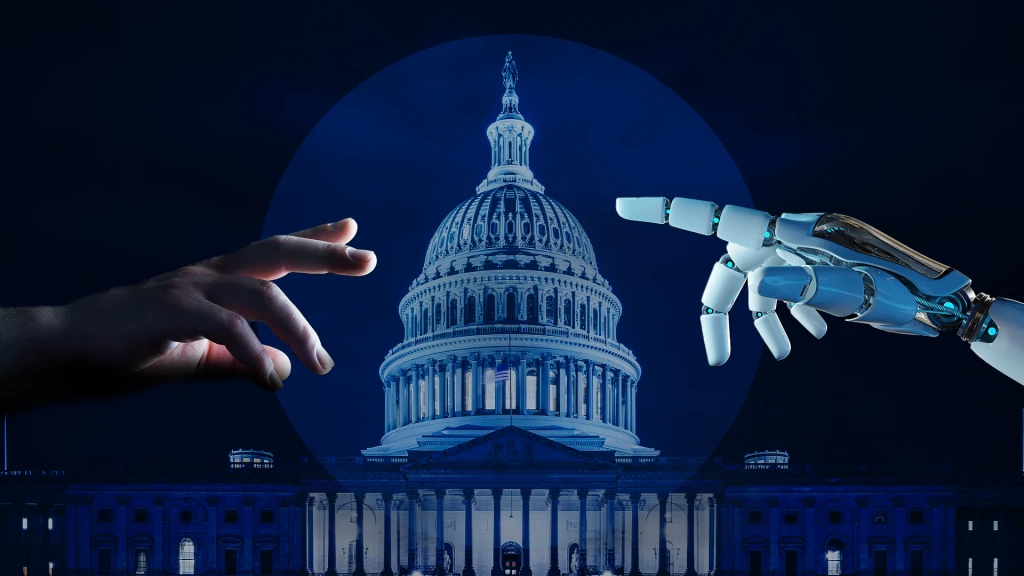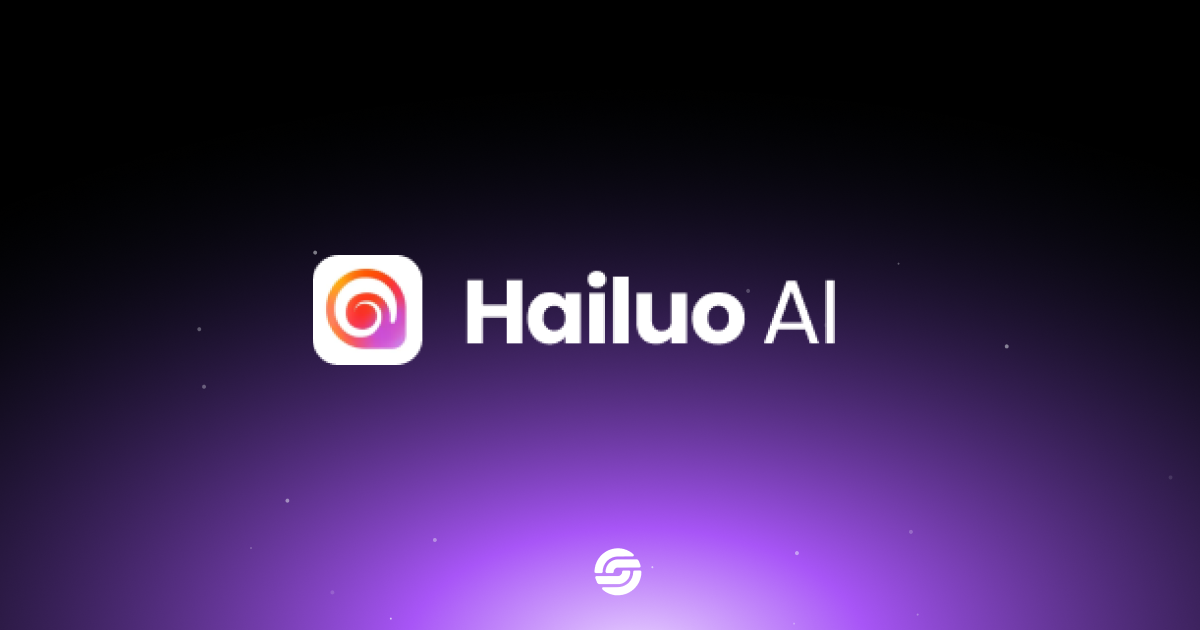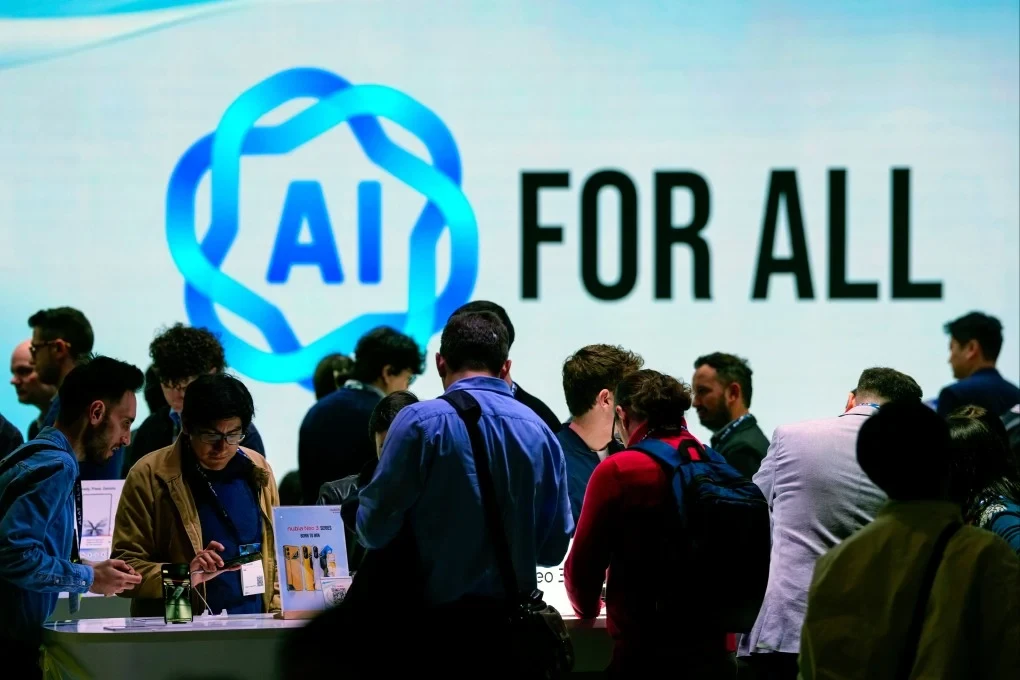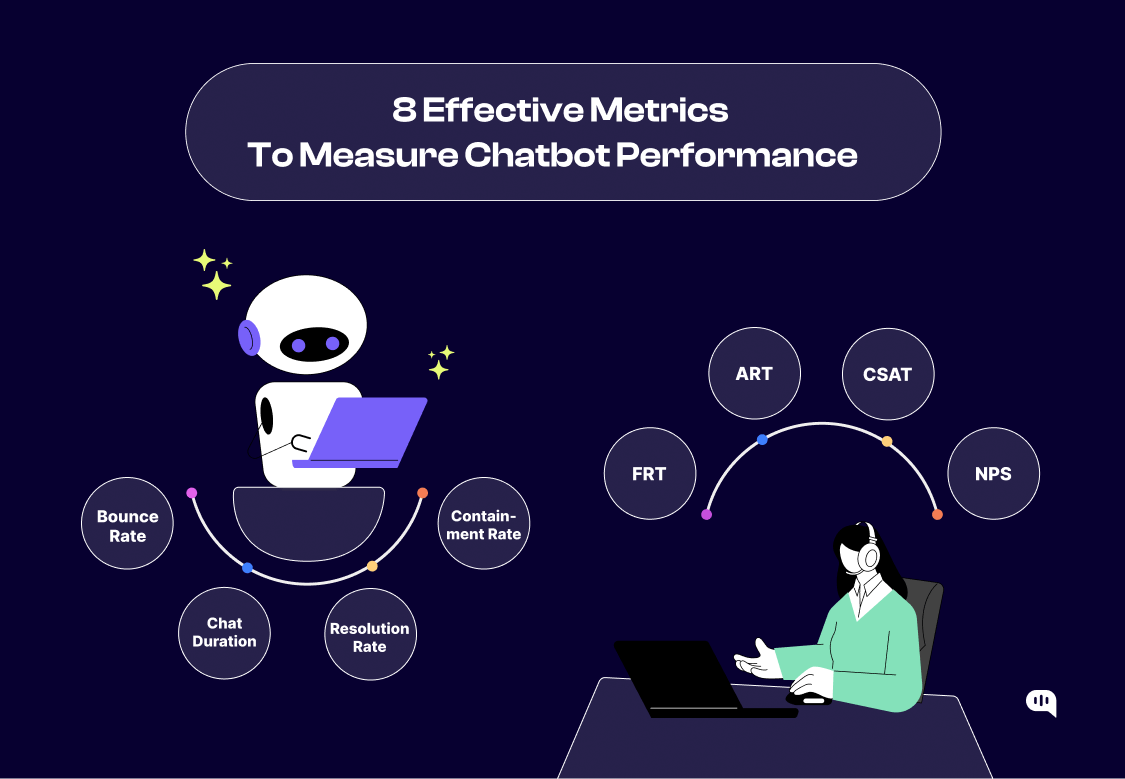Test AI on YOUR Website in 60 Seconds
See how our AI instantly analyzes your website and creates a personalized chatbot - without registration. Just enter your URL and watch it work!
1. Introduction: The Role of AI in Modern Governance
This blog explores how AI is reshaping governance, policy-making, and public administration, addressing both opportunities and challenges.
2. AI in Public Administration and Government Services
1. AI-Powered Public Service Automation
AI chatbots and virtual assistants handle citizen inquiries, tax filings, and document processing.
AI automates permit approvals, social service applications, and legal case tracking.
Machine learning models help predict public service demands and resource needs.
2. AI in Law Enforcement and Public Safety
AI enhances predictive policing, helping law enforcement prevent crime before it happens.
Facial recognition and AI surveillance improve public security and emergency response.
AI-driven forensic tools assist investigators in crime-solving and evidence analysis.
3. AI for Infrastructure and Smart Cities
AI-powered urban planning optimizes traffic management, waste disposal, and energy consumption.
AI improves disaster preparedness, response coordination, and risk assessments.
AI-driven IoT (Internet of Things) solutions enhance public transportation efficiency.
3. AI in Policy-Making and Government Decision-Making
1. AI-Driven Data Analysis for Policy Formation
AI analyzes large-scale government data to predict economic trends and societal needs.
AI helps policymakers assess public sentiment, survey responses, and demographic data.
Predictive modeling supports legislation, climate policy, and economic planning.
2. AI for Budget Optimization and Fraud Detection
AI detects financial irregularities and fraudulent activities in government spending.
AI-driven forecasting models improve budget allocations and resource planning.
Automated AI audits enhance accountability and transparency in financial management.
3. AI in International Relations and Diplomacy
AI-powered analytics provide insights for geopolitical risk assessment and global policy trends.
AI-driven simulations help governments prepare for diplomatic negotiations and trade agreements.
AI assists in monitoring foreign affairs, treaties, and international collaborations.
4. AI in Governance: Benefits and Opportunities
1. Increased Government Efficiency
AI reduces bureaucratic bottlenecks, making administrative processes faster and more accurate.
AI-powered automation minimizes manual errors and improves workflow efficiency.
2. Improved Citizen Engagement and Services
AI-driven chatbots provide real-time government support and self-service options.
AI personalizes public services, ensuring faster responses to citizen needs.
3. Enhanced National Security and Cybersecurity
AI detects cyber threats, hacking attempts, and security vulnerabilities in real-time.
AI-powered surveillance enhances border control, public safety, and national defense.
AI strengthens election security and misinformation detection.
5. Challenges and Ethical Concerns in AI-Governed Policies
1. Data Privacy and AI Surveillance
AI-powered surveillance raises concerns about mass data collection and privacy violations.
Governments must ensure ethical AI usage without infringing on citizen rights.
2. Bias in AI Decision-Making
AI algorithms may inherit biases from historical data, leading to unfair policies and discrimination.
Governments must enforce AI fairness, accountability, and transparency regulations.
3. AI and Job Displacement in Public Sector Jobs
AI automation may replace clerical and administrative roles in government offices.
Workforce reskilling and AI-human collaboration strategies are needed to prevent mass job losses.
4. AI Governance and Regulatory Challenges
Clear policies are required to regulate AI usage in legal, ethical, and social contexts.
Governments must balance AI innovation with ethical constraints and responsible deployment.
6. The Future of AI in Government and Public Policy
1. AI in Digital Governance and Smart Legislation
AI will automate policy drafting, legal research, and legislative analysis.
Governments will adopt AI-driven decision-making frameworks for better governance.
2. AI-Powered Public Health and Crisis Management
AI will predict disease outbreaks and pandemics, assisting in public health planning.
AI-driven emergency response systems will optimize disaster relief efforts.
3. Ethical AI Development for Public Services
Governments will focus on AI ethics, accountability, and fairness in governance.
AI policies will prioritize human oversight, ensuring AI remains an assistive tool.
7. Conclusion: AI as the Future of Smarter Governance
Governments that adopt responsible AI strategies will improve efficiency, security, and citizen trust, making AI-driven governance a reality for the future.
The question remains: How can we ensure AI serves the public good while maintaining accountability, fairness, and ethical standards in governance?






